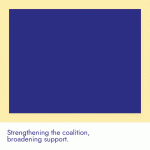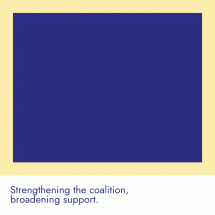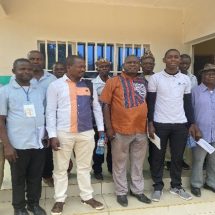12 March 2014 – After a struggle of more than 50 years, land titles for residents of Ponte do Maduro were issued on the 12th of March. The Governor, Eduardo Campos, together with the mayor of Recife and secretaries, prepared a special ceremony to celebrate and hand titles to some of the oldest residents of Ponte do Maduro. Altogether 3,000 titles (around 40%) will be given in the next weeks and the rest will be given as residents comply with requirements. The Governor signed a bill, declaring that part of the area, which has been under threat of evictions since the early 60’s, of public interest.

Another important aspect of that process is the fact that, in order to apply the land tool used for the regularization process of Ponte do Maduro, the CUEM (Special Housing Use Concession) Chié had to be transformed into a Special Zone of Social Interest (ZEIS) by the City Council. Ponte do Maduro is a region of city-centre squatter settlements and is one of the oldest settlements in Recife, home to the highest proportion of informal residents in Brazil. Of the 3.7 million residents living in Recife metropolitan area, estimates of the percentage of the population living informally range from 40 to 62 percent. Recife is only surpassed by Brazil’s two megacities: São Paulo and Rio de Janeiro in terms of the absolute number of residents living in slums.
The issuing of title deeds to the residents of Ponte do Maduro may be considered a major achievement for the city of Recife, where privatisation has been thrive over last few decades and where many low-income residents have been evicted from their homes.
Women represent the majority of Ponte do Maduro residents, and through the work of Espaço Feminista and Fundaj, as well as the support of the Huairou Commission and the GLTN, gender equality was achieved in that process. The Governor supported the initiative and during the ceremony recognized that the great majority of the residents present at the ceremony were in fact women. Ponte do Maduro residents have now been ensured of their rights to land titles, as well as their voices being heard during the process.

The Huairou Commission, the lead agency and a GLTN partner supporting the work of Espaco Feminista and the use of the Gender Evaluation Criteria, is a global membership and partnership coalition that empowers grassroots women’s organizations to enhance their community development practice and to exercise collective political power at the global level.
Article courtesy of Patricia: patricia1958@uol.com.br










